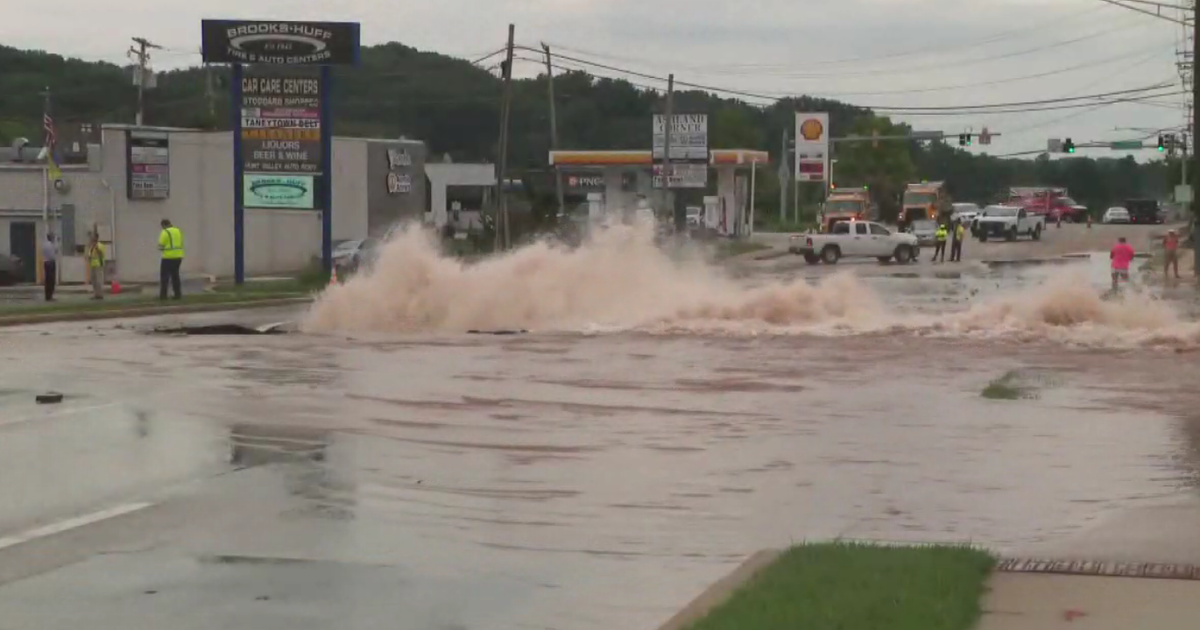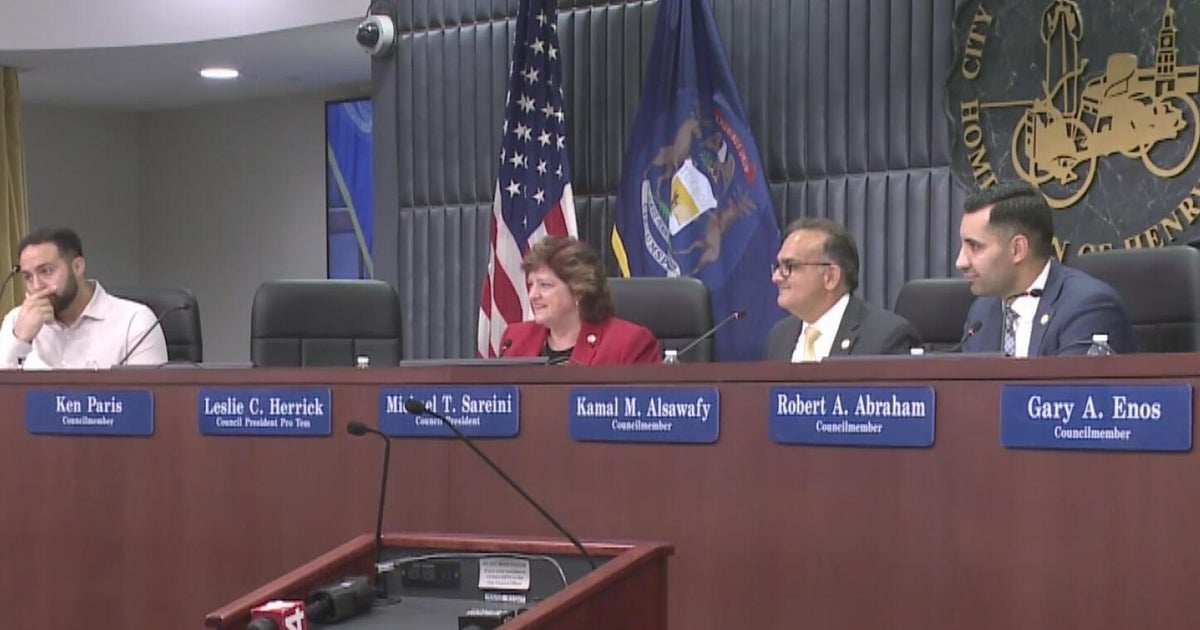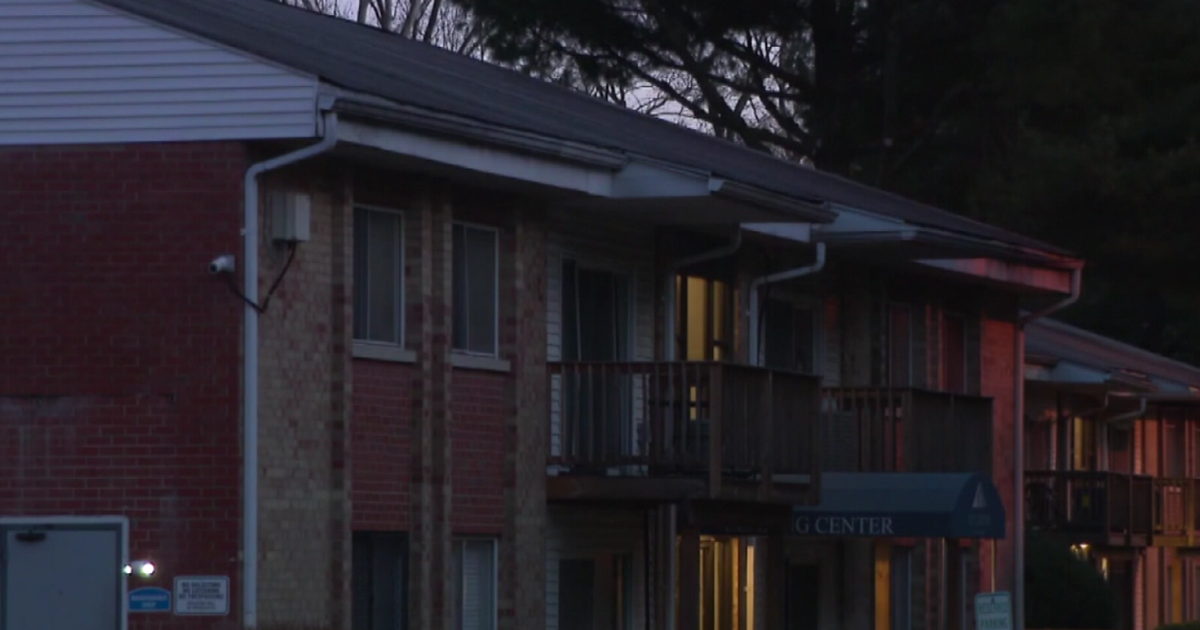Cook County Property Tax Bills: Where Does Your Money Go?
CHICAGO (CBS) -- Every year when Cook County property tax bills come out, property owners are shocked by increases they cannot understand.
Establishing the amount you owe is a complicated process, and for years the CBS 2 Investigators have been reporting on breakdowns in the system the county's new assessor hopes to fix.
Pam Zekman has answers for one of the most common questions: where does your property tax money go?
On a North Side home with a $10,000 property tax payment, 54% goes to school taxes; 30% goes to various city taxes; including city government, public libraries, and mass transit projects; 7% goes to various Cook County government bodies; and 9% goes to miscellaneous taxes, including the Chicago Park District and the Metropolitan Water Reclamation District.
Of that $10,000 in tax revenue, $2,766 goes to paying for various pension obligations.
The breakdown on where your tax money goes varies for every municipality, depending on what government bodies collect property taxes where you live.
Property values in Cook County are reassessed by the Cook County Assessor's office every three years, divided into three groups; Chicago, the northern suburbs, and the southern suburbs.
Chicago property owners are getting a bigger hit than the rest of the county this year, because of last year's reassessments under Cook County Assessor Joe Berrios.
This year, new Cook County Assessor Fritz Kaegi is overseeing the reassessments for the north and northwest suburbs. South and southwest properties are scheduled for reassessments next year. All using a different model than the past.
"One thing you should know is an increase in your assessment does not automatically mean an increase in your tax bill. It has a lot to do with how municipal taxing bodies create the levy for parks, and schools, and libraries, and that sort of thing," Cook County Assessor's office spokesman Scott Smith said.
Reassessments typically catch improvements in homes that increase their value, and therefore their taxes; which might explain some of the increases.
CBS 2 previously disclosed reassessment failures under past administrations, like a large home taxed as a vacant lot; and property owners saving thousands of dollars in taxes by claiming homeowner's exemptions on multiple properties, when you're only entitled to one on the home where you actually live.
Newly elected last fall, Kaegi now is trying to get state lawmakers to pass legislation to reform the reported underassessment of large commercial buildings, which might result in an unfair burden on residential property owners.
"We feel already we're making this fairer for people, but we know we have a lot more work to do," Smith said.
State lawmakers recently shut him down on reforming the reassessment system for large commercial buildings. Smith said Kaegi will try again.







